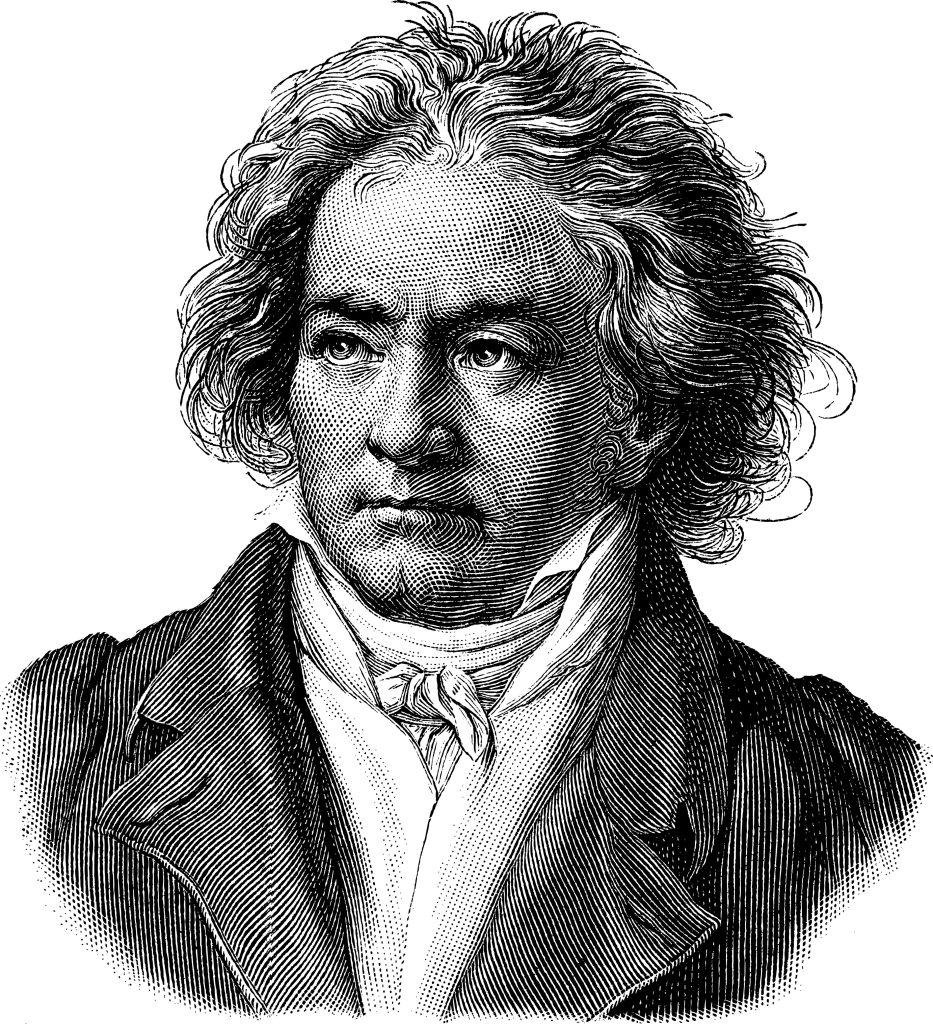
Beethoven’s Political Influence: Music and Ideals
Beyond the Music: Beethoven as a Political Thinker
Ludwig van Beethoven, renowned for his magnificent compositions, is often celebrated as one of the greatest composers in the history of classical music. His symphonies and sonatas have left an indelible mark on the world of art and culture. However, there is a lesser-known aspect of Beethoven’s life and work that deserves exploration—his role as a political thinker.
Music as a Form of Expression
While Beethoven’s music is primarily recognized for its emotional depth and musical innovation, it is impossible to separate his compositions from the political and social context of his time. Beethoven was a witness to a tumultuous period in European history, marked by revolutions, wars, and the struggle for individual and collective freedom.
Beethoven’s music served as a powerful form of expression, conveying not only his personal emotions but also his views on societal and political issues. His compositions often carried a sense of defiance, hope, and a call for justice that resonated with the spirit of his era.
The Spirit of Revolution
The late 18th and early 19th centuries were characterized by political upheaval in Europe. Beethoven lived through the French Revolution and the Napoleonic Wars, witnessing the fervor for liberty and the desire for a more just society. These revolutionary ideals left an indelible mark on his thinking.
One of the most notable examples of Beethoven’s political engagement can be found in his Symphony No. 3 in E-flat major, Op. 55, commonly known as the “Eroica Symphony.” Originally dedicated to Napoleon Bonaparte, Beethoven admired Napoleon for his commitment to the principles of the French Revolution. However, when Napoleon declared himself Emperor, Beethoven was disillusioned and removed the dedication. The symphony, though, remained a symbol of the human spirit’s capacity for heroism and the pursuit of noble ideals.
Themes of Freedom and Heroism
Freedom and heroism are recurring themes in Beethoven’s music. His compositions, such as the “Ode to Joy” from his Symphony No. 9 and the “Choral Fantasy,” celebrate the universal human spirit and the idea of unity among people. The “Ode to Joy,” with its famous line “All men become brothers,” encapsulates the aspiration for a world where humanity is bound by fraternity and liberty.
These themes were not confined to his symphonies alone. Beethoven’s “Fidelio,” his only opera, tells the story of a woman who disguises herself as a man to rescue her husband, unjustly imprisoned for his political beliefs. The opera is a powerful allegory for the triumph of truth and freedom over tyranny.
Deafness and Defiance
Beethoven’s personal struggles also played a role in shaping his political outlook. His gradual descent into deafness, a devastating blow to a musician, made him increasingly isolated from the world. However, it did not dampen his spirit. If anything, it fueled his determination to create music that would transcend physical limitations and connect with the human soul.
Beethoven’s defiance in the face of adversity is evident in compositions like his late string quartets. These works are characterized by their experimental and introspective nature, pushing the boundaries of classical music. They are a testament to Beethoven’s belief in the power of the individual to overcome obstacles and create something profoundly meaningful.
The Ideal of Universal Brotherhood
Beethoven’s vision extended beyond the boundaries of his time. He believed in the possibility of a world where individuals from diverse backgrounds could come together in harmony and unity. This ideal is perhaps best encapsulated in his Symphony No. 9, where the final movement features the chorus singing Schiller’s “Ode to Joy.”
The “Ode to Joy” is a powerful ode to the human spirit, celebrating the idea that all people can share in the joys of life. Beethoven’s music served as a rallying cry for the universal brotherhood of humanity, transcending nationalities and differences.
Inspiration for Future Generations
Beethoven’s political thinking and his music’s association with revolutionary ideals continued to inspire future generations. His compositions became anthems for movements advocating for freedom and social justice. Throughout the 19th and 20th centuries, his music served as a source of inspiration for political activists and thinkers.
For example, during the fall of the Berlin Wall in 1989, Leonard Bernstein conducted a performance of Beethoven’s Ninth Symphony in Berlin, replacing the word “Freude” (joy) in Schiller’s text with “Freiheit” (freedom). This powerful rendition symbolized the unification of East and West Germany and the aspiration for freedom and unity.
Legacy and Impact
Beethoven’s legacy as a political thinker and his contribution to the world of classical music are intertwined. His compositions are not just musical masterpieces but also expressions of human ideals and aspirations. Beethoven’s belief in the power of music to convey profound messages continues to resonate with audiences today.
His influence can be seen in the works of subsequent composers who were inspired by his fusion of music and politics. Composers like Dmitri Shostakovich, who used music to defy oppression, or Dmitri Kabalevsky, who composed works that celebrated the spirit of collective labor, drew inspiration from Beethoven’s fusion of music and social commentary.
Conclusion
Ludwig van Beethoven’s life and work encompassed more than his role as a composer. He was a political thinker who used music as a medium to express his views on freedom, heroism, and universal brotherhood. His compositions are not just beautiful melodies but powerful declarations of human ideals.
As we explore the multifaceted legacy of Beethoven, we gain a deeper appreciation for the man behind the music. His ability to transcend personal challenges, his unwavering belief in the human spirit, and his dedication to the values of liberty and justice continue to inspire us today.
Beethoven’s music is a reminder that art has the power to change the world, to inspire movements, and to unite people across time and space. Beyond the symphonies and sonatas, Beethoven’s voice still echoes, urging us to strive for a world where freedom, heroism, and universal brotherhood prevail.